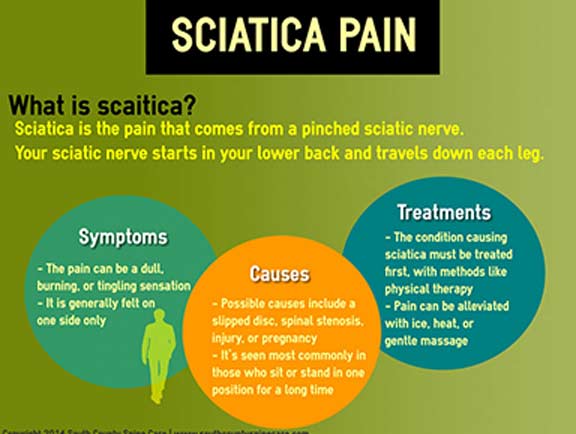The Connection Between Tension And Neck Pain: Practical Stress-Reduction Techniques
The Connection Between Tension And Neck Pain: Practical Stress-Reduction Techniques
Blog Article
Article By-Landry Bonner
You're most likely no stranger to the rigidity in your neck that appears to approach when stress and anxiety degrees climb. The web link in between stress and neck discomfort is undeniable, yet have you ever before thought about how functional stress-reduction techniques could offer alleviation? Picture a world where you might damage devoid of the grip of stress-induced neck discomfort and discover a sense of calmness and comfort. Stay tuned to uncover easy yet effective methods that might reinvent the way you manage anxiety and relieve neck discomfort.
Understanding the Stress-Neck Pain Cycle
Comprehending the Stress-Neck Discomfort Cycle can give useful insight into just how stress and anxiety materializes literally in the body. When stress and anxiety levels increase, the muscles in your neck and shoulders have a tendency to tense up as a natural reaction. This stress can cause stiffness, discomfort, and eventually nuisance area.
The physical signs and symptoms of neck pain can after that further worsen tension levels, producing a vicious cycle. As tension remains to influence the body, the neck muscle mass can become a lot more stretched, leading to chronic discomfort and decreased movement.
Furthermore, stress can also add to bad posture, as individuals frequently stoop their shoulders or crane their necks when really feeling tense or overloaded. This bad position can place added strain on the neck muscle mass, leading to boosted pain and pain.
Reliable Stress-Reduction Techniques
To efficiently handle the physical signs and symptoms of stress-induced neck pain and damage the cycle of pain, including proven stress-reduction strategies into your daily routine is vital.
One reliable strategy is deep breathing workouts. When you feel tension accumulating, take a moment to breathe in deeply via your nose, hold for a few secs, and afterwards exhale slowly with your mouth. This simple technique can help calm your mind and kick back tense muscles in your neck and shoulders.
One more valuable method is dynamic muscular tissue leisure. Beginning by tensing and then launching each muscle team in your body, concentrating on the sensation of leisure as you release stress. This approach can aid release physical tension and enhance total leisure.
In addition, practicing mindfulness and meditation can be powerful tools for lowering tension. By concentrating on the here and now moment and letting go of worries about the past or future, you can reduce psychological tension that contributes to neck discomfort. Including these stress-reduction techniques right into your daily routine can make a substantial difference in managing stress-induced neck discomfort.
Lifestyle Adjustments for Neck Pain Alleviation
Making way of life changes can play a significant duty in reducing neck discomfort and promoting general alleviation. One essential change is maintaining correct pose throughout the day. back pain new york ny is ergonomically pleasant, with your computer screen at eye level and your chair sustaining your reduced back. Integrate routine breaks to stretch and move around, preventing rigidity and tension buildup.
Additionally, prioritize routine workout to strengthen your neck and upper back muscles, lowering the risk of strain. Keep moistened and preserve a healthy and balanced diet regimen to support optimum muscle feature and general wellness. Apply stress-reduction methods such as deep breathing, mindfulness, or yoga to alleviate stress that can contribute to neck pain.
Boost your sleep top quality by purchasing a helpful cushion and bed mattress, and establish a relaxing bedtime regimen. By making these way of living changes, you can proactively manage neck pain and improve your quality of life.
steven schram
In conclusion, by integrating useful stress-reduction techniques into your day-to-day regimen, you can damage the cycle of stress-induced neck discomfort. Deep breathing, dynamic muscle mass relaxation, mindfulness practices, and meditation are effective ways to soothe the mind, kick back neck muscular tissues, and decrease general anxiety levels. Making small lifestyle changes can assist ease discomfort, advertise relaxation, and enhance your total health. https://www.pastemagazine.com/books/how-to/how-to-cook-a-wolf-by-mfk-fisher-review/ in mind, caring for your mental and physical wellness is key to handling stress and anxiety and neck discomfort.
